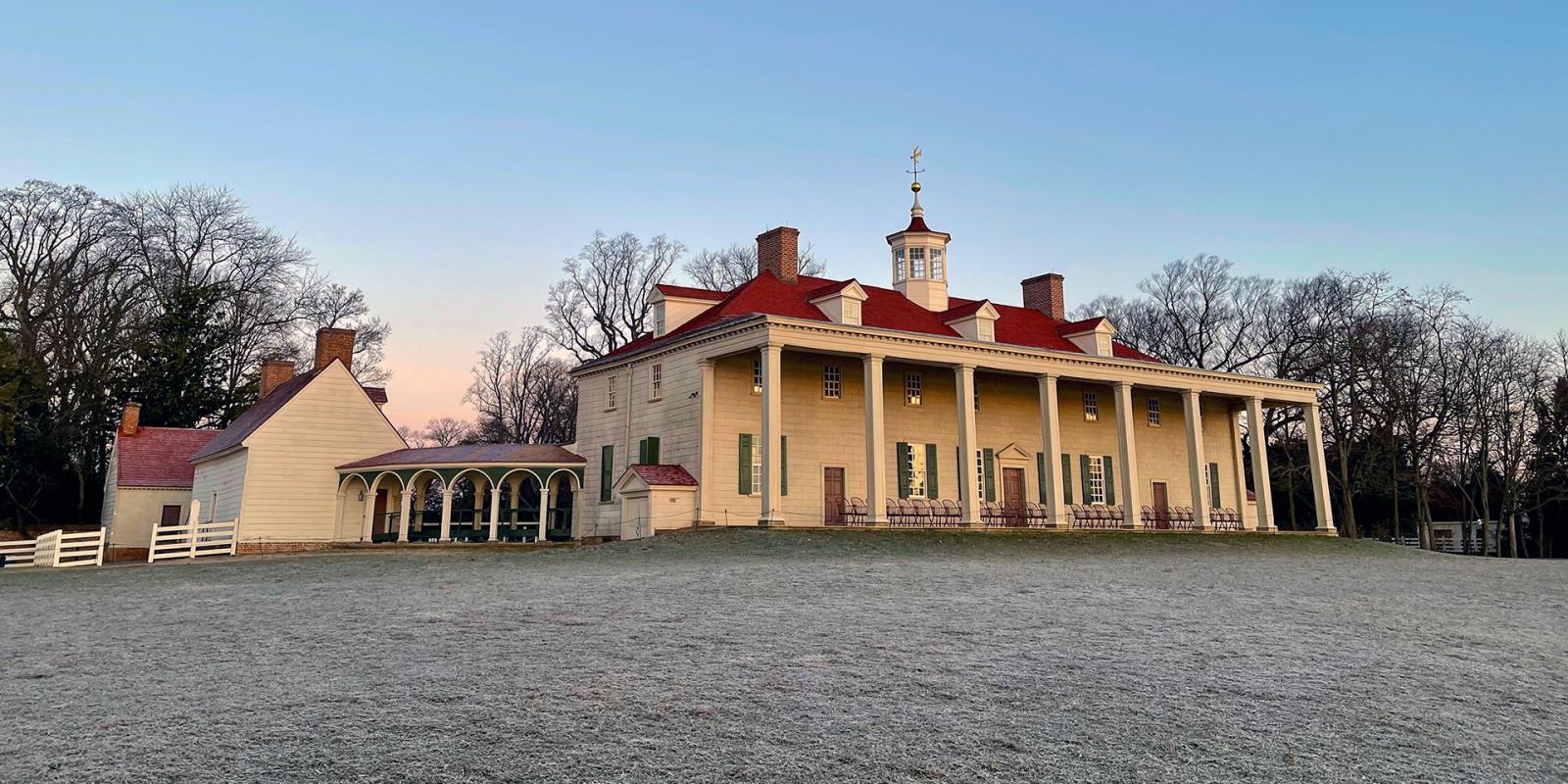On Memorial Day 1904, a group of civilians led by Alexandria County Attorney General Crandal Mackey boarded a southbound train from their meeting point in Washington to present day Arlington. As they rode over the old Long Bridge, Mackey distributed axes, guns, and hammers to the men who, only moments earlier, had been sworn in as official deputies. For decades, seedy settlements rife with betting houses, bars, and boudoirs prospered in the shadow of the nation’s capital. Gamblers had long sought protection by backing the powers that be in the dominant Democratic Party but Mackey and his supporters were a part of a new movement that claimed to oppose corruption. Mackey’s posse disembarked at the unimaginatively named “South End of Long Bridge Station” and began what would be the first of many raids. Haphazard in their approach, the gang swarmed well-known gambling houses and left smashed-up, burned-out shells in their wake.
